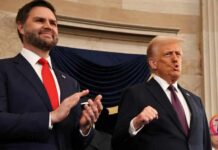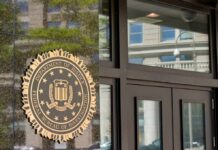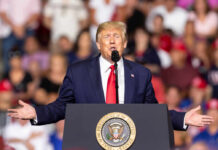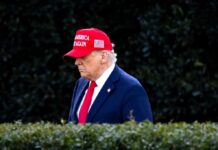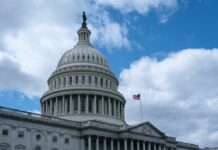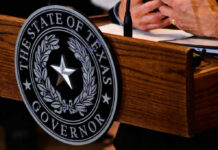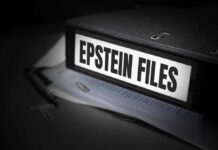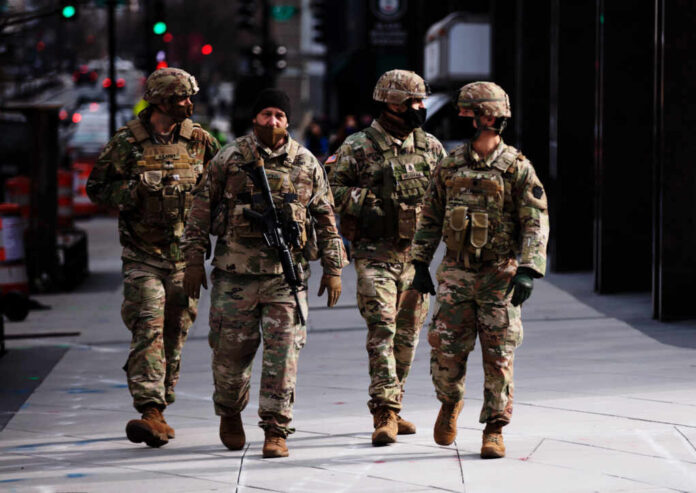
A direct federal takeover of D.C.’s police force has made Trump’s law-and-order push the most sweeping test of executive power and local autonomy in modern U.S. history.
Story Snapshot
- Trump federalized the D.C. Metro Police and deployed the National Guard for 12 days, claiming major drops in violent crime.
- This unprecedented move has sparked fierce debate over federal versus local control and the militarization of law enforcement.
- Military and legal critics warn the intervention may erode constitutional protections and set a dangerous national precedent.
- Crime is now the centerpiece of Trump’s 2026 campaign, with his administration touting its rapid results as proof of conservative leadership.
Trump’s Federalization of D.C. Police: A Historic Law-and-Order Gamble
In August 2025, President Donald Trump ordered the federalization of the D.C. Metro Police Department and deployed the National Guard to patrol Washington, D.C., for 12 days. The administration claims this direct intervention resulted in a 46% drop in robberies, 83% decrease in carjackings, and a 22% reduction in violent crime. Trump’s rapid response, unprecedented in its scope, was framed as a corrective to years of rising crime and perceived failures of local and left-leaning governance. By asserting control in the nation’s capital, Trump positions himself as the only candidate willing to take decisive action where others hesitated.
“President Trump has federalized the Police Department in Washington DC and people are upset.”
“This is what we voted for and we’re very happy that this man is making DC safe. He’s making America safe.”
SPOT ON!! 🔥👇🏼 pic.twitter.com/VhS7c0P1GA
— TONY™ (@TONYxTWO) August 12, 2025
The federal intervention comes at a time when D.C. and other major cities have struggled with surges in violent crime and homelessness. Trump’s move bypasses local authorities, instead relying on the executive’s constitutional powers unique to the District of Columbia. While prior National Guard deployments—such as during the 2020 protests—remained under local control, Trump’s action transferred operational authority to the federal government, marking a new era of direct federal oversight for domestic policing.
Watch:
Legal and Military Backlash: Constitutionality and Precedent in Question
The Pentagon is actively reviewing the legality and operational requirements of Trump’s order, while retired Major General Randy Manner has publicly criticized the move as “100 percent political.” Critics warn that existing National Guard “quick reaction forces” already provided rapid response capability, making the creation of new specialized units for domestic policing both unnecessary and potentially unlawful. Questions remain about the accuracy of the administration’s reported crime reductions, as independent verification is pending. The lack of precedent for a federal takeover of a major city’s police force—outside of civil rights crises—raises concerns about the long-term implications for federal-local relations and the separation of powers.
Political Stakes: Crime as a Defining Issue for 2026 and Beyond
Trump’s law-and-order push in D.C. has become the centerpiece of his 2026 campaign, drawing a sharp contrast with Democrats and local officials whom he accuses of tolerating or enabling urban decay. The administration’s narrative positions the intervention as a measurable, campaign-defining achievement, leveraging crime reduction statistics as proof of conservative leadership and the effectiveness of federal authority. The future of constitutional protections, local governance, and community trust hangs in the balance as the nation heads toward a pivotal election year.
The National Guard’s expanded domestic policing role could have ripple effects on morale and recruitment, and the move has triggered calls for congressional oversight and legal review. With the Pentagon still evaluating the legality of the order and independent crime data pending, Trump’s intervention stands as a bold experiment—one that may redefine the limits of executive power and the federal government’s role in American cities.
Sources:
Trump’s calls for Guard units tasked with quelling civil unrest in D.C. spark legal, military debate – ABC News
FACT SHEET: President Donald J. Trump Takes Additional Measures to Address the Crime Emergency in the District of Columbia – The White House


